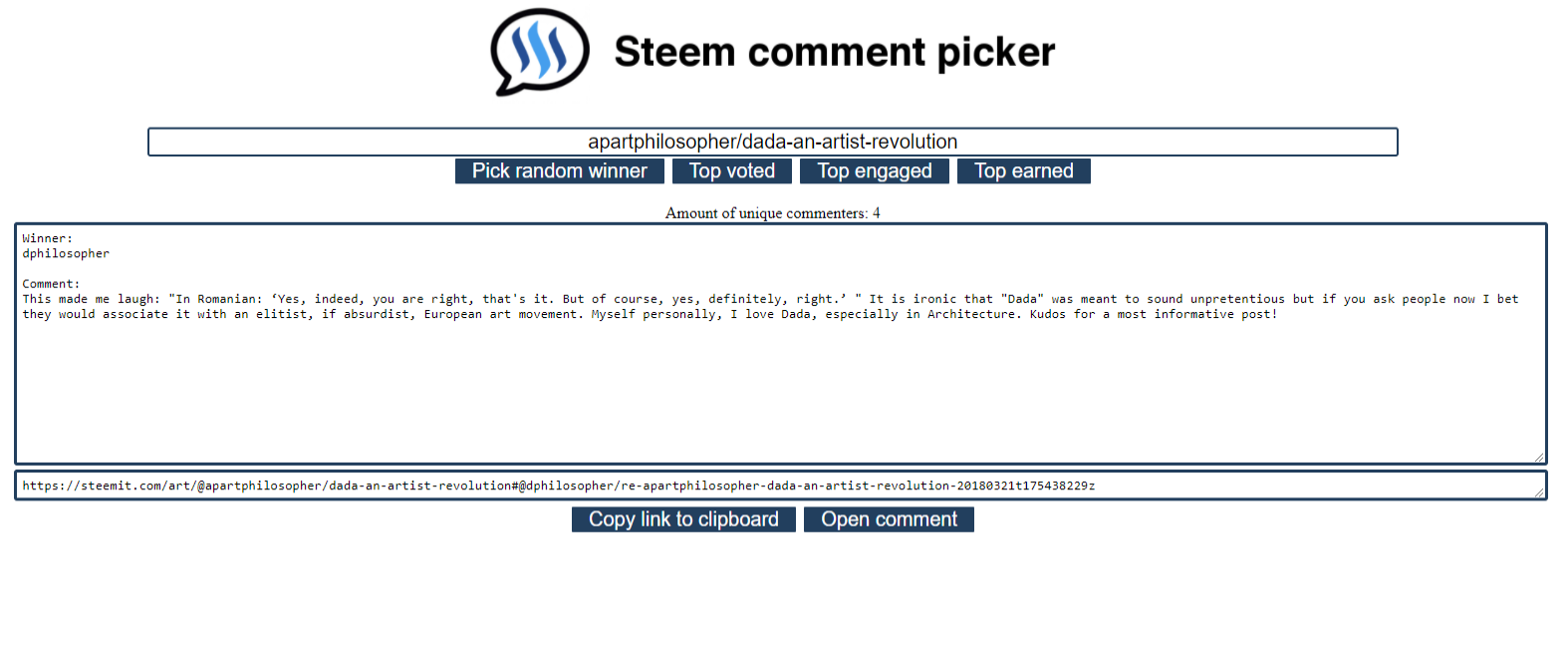Universal Basic Income: What It Is And How It Could Be Implemented
The idea of a universal basic income (UBI) has gained increased popularity over the last few years. While it used to be a fringe group that supported it there are now prominent advocates for the concept of a universal basic income like Elon Musk. The basic idea is simple and has been around in some form or another for a long time. Every human being would be entitled to a periodic income that would not be affected by your social, academic or career background. This system would be a big change for our current economy and it would have a massive impact on society. But what speaks for and against this idea and how could it be implemented?
What do the supporters say?
The supporters of a universal basic income think that it could revolutionize the way we see employment. These people see a massive problem with the current incentive structures in the work force. People work because of extrinsic motivation like money or pressure from their boss and this movement wants to achieve that people work because of intrinsic motivation, their passions and what gives them meaning in life.
Another key argument supporters of a UBI mention are the growing dangers of massive job loss because of the ongoing automation. There are many people that believe that the further development of robots and artificial intelligence (AI) will lead to a massive unemployment rate because many low skill jobs can be easily replaced by robots that do a better job without receiving any pay. If this scenario became reality then a lot of people would be left with a large amount of free time they would have to will with new hobbies, projects and other endeavours.
What do the opponents say?
The opposing site of this discussion sees a big danger in this idea. While the supporters see a society changing opportunity in the new incentive structure the opponents see it as a fundamental flaw of the idea. They think that there will be no motivation for working any more. Another criticism of a UBI is the way of financing this concept. Where would the money come from? That is a question a lot of people are concerned about. What is also a concern for a large amount of people is that most of the proposed models would involve the government providing this universal basic income which would make many people dependent on the government. This would provide the government with a lot of new power.

(img source: http://www.masstlc.org/universal-basic-income-what-weve-learned/)
Implementation
There are different concepts for how a basic income could be implemented. As I mentioned earlier most of them consist of the government distributing an equal amount of money to everyone. This would lead us to another question: If so many people would lose their jobs, where would all of the taxes come from needed to fund this basic income? The idea of the basic income is often combined with big changes in the tax system. One idea which was uttered for example by Bill Gates is that you could put a heavy tax on robots because robots would be the main reason for the massive job loss. This tax would be high enough to compensate the lack of income tax being payed by workers but it would still be low enough for robots to be profitable. Another idea would be to implement a transaction tax that would tax every transaction which would make your tax bill very dependent on how much money you earn. This would be hard to implement due to the many payment methods availible the government can’t control what probably won’t surprise any Steem user. All of the payment methods that the government doesn’t have any control over like bitcoin or all of the other crypto currencies would have to be banned to make this tax effective.
But there are other concepts of how a UBI could work. I recently discovered a new project that takes a completely different approach. The project is called “Mannacoin”. It is a cryptocurrency that aims to combine blockchain and the idea of a universal basic income. Just like Bitcoin this currency can be mined and traded between different accounts. What makes this currency special is that in the spirit of a universal basic income everybody gets a small amount of manna coins weekly. What makes their concept so different is that it’s not the government that distributes the money, it is done by a private company or in this case a non-profit-organization. That eliminates a lot of the concerns people have with the usual proposition. This fundamental distinction makes this project very unique, interesting and it shows the real impact blockchain could have on the world.
If you are interested in this project and you want to start receiving free Manna coins every week, I would be very thankful if you use my referral link:
https://www.mannabase.com/?ref=ac22f0d1c7

(img source: http://www.grantcoin.org/2017/07/07/introducing-manna-grantcoin-2-0/)
Are you interested in philosophy? Check out my latest article on Arthur Schopenhauer:
https://steemit.com/philosophy/@apartphilosopher/arthur-schopenhauer-radical-pessimism
Have you ever heard of Dada? Read more about this revolutionary art movement:
https://steemit.com/art/@apartphilosopher/dada-an-artist-revolution
Other crypto related links:
Coinbase: https://www.coinbase.com/join/5a889b233b336a0439b57b8c
( Invest 100$ and get 10$ in Bitcoin for free )
Binance: https://www.binance.com/?ref=26166506

Everyone that upvotes and comments on this post will enter a giveaway and have the opportunity to win some SBD. The winner will be chosen randomly and will always be announced on the next post.
The winner of the last post is: @dphilosopher


I’m a huge supporter of the idea of a UBI. Just look at Alaska and the Oil money they received.
The benefits do sound very convincing and Alaska is an interesting example of implementation. The question would be if it works on a larger scale.
I think some people think that if you don't have to work for a living that people are lazy and would choose to do nothing productive, but I think we'll find the opposite is true.
If philosophers like Hegel, Marx, and Arendt are correct, we humans define ourselves (and our identities emerge) only through our labor. Sure, people would struggle with what to do with themselves at first, but then they'll find all sorts of really amazing things to do. I think it might just free us humans up to evolve to the next stage, after which we'll wonder how we ever forced each other to work to live.
Thanks for writing your post and stimulating though on this very important and interesting subject.
I agree, I also believe that it's human nature to work and do something meaningful. The problem right now would be that our education system is based on extrinsic motivation like grades instead of intrinsic motivation. I think in order to transition into this new system we would have to change our education system drastically.
💯
Someone argued with me, that he would stop working if he got a basic income. I answered him, that this was totally fine when before he did a job he only worked in because of an extrensic motivation. Many of such jobs are senseless. There are many people in Germany forced to work a job just so that they wouldn't fall into the social security system.
Sorry, if I am becoming pessimestic now. But I think we will never see a change by politicians or by a change of thinking in the people. What we will see is a technical revolution. Sooner or later there will be so many people without work. That is going to set free so much energy that it might weakens the political elite and awakens it of their "Cinderella's sleep". Someone will have to find a solution. Maybe not now but maybe in 10 years.
It's an interesting debate.
As to how this could all be financed - it's not that there isn't the money out there. There are estimates that the Gross World Product/ World Gross Domestic Product (cumulative total of all Gross Domestic Products) is $127 trillion dollars. That's equivalent to $17,300 per person.
The trick is how can this be done without causing the small minority of people who control most of that money to start paying poor people to brutalise each other into giving up on getting a bigger slice of that pie.
I am amused also by people's reluctance to endorse government being involved in such schemes. On one hand, this is reasonable as democracy does not always function well, and many politicians are, at best, deeply mistaken in their beliefs.
On the other hand, would you trust Mark Zuckerberg to be in charge of your universal basic income? How about Jim Page or Charles Koch or Jeff Bezos? I'm not sure that I'd even trust @ned, despite his perfect hair and enthusiasm for SMT's. Just because governments are likely to make some mistakes, it does not automatically follow that businesses will do any better - hence the attraction of not-for-profit operations like mannacoin.
Thanks for commenting. You are right, blindly trusting private companies is just as false as blindly trusting the government.
Sure, it would solve a lot of problems, but I think universal health care should come first.
If your country doesn't already have free health care then that should definetly be the number one priority.
We have programs to help some, children mostly, but many needlessly suffer and die every day. It's difficult for a single male to receive any assistance. I know a guy who has a growth on his face and can't see a doctor. It seems our priorities are mixed up. To many think the military is priority, I understand the need for defense but my god, we have no need to be able to destroy the entire Earth several times over. Many more people could be helped with that waisted money.
Many balk at the notion because they see it as others paying for their health care, but truth is it would benefit everyone. A healthy society benefits all.
It's almost like if they don't get to blow something up or kill any one, then they're not gonna pay for it!
Don't even get me started on the 25 billion dollar wall!
@resteemator is a new bot casting votes for its followers. Follow @resteemator and vote this comment to increase your chance to be voted in the future!
Congratulations! This post has been upvoted from the communal account, @minnowsupport, by apartphilosopher from the Minnow Support Project. It's a witness project run by aggroed, ausbitbank, teamsteem, theprophet0, someguy123, neoxian, followbtcnews, and netuoso. The goal is to help Steemit grow by supporting Minnows. Please find us at the Peace, Abundance, and Liberty Network (PALnet) Discord Channel. It's a completely public and open space to all members of the Steemit community who voluntarily choose to be there.
If you would like to delegate to the Minnow Support Project you can do so by clicking on the following links: 50SP, 100SP, 250SP, 500SP, 1000SP, 5000SP.
Be sure to leave at least 50SP undelegated on your account.
It sounds nice but it comes with many pitfalls, especially with our society in its current form.
If schools weren't centers for removing critical thinking and individuality, then perhaps people would be able to find a purpose without needing to enter the economy. As of now, I can't see that being the case.
Just my two cents, I definitely understand why the argument exists.
You are right, the problem right now besides funding would be the way our education system works that doesn't reward intrinsic motivation. It would have to go through big change to allow a UBI to be good for our society.
i like the clear way the arguments for and against are laid out in this post. a thought: the majority of citizens are both producers and consumers. if citizens don't have the means of purchasing goods, then demand reduces and production has to be reduced. this can lead to economic collapse as happened in 1929. it was thought by classical economists that labour would price itself back into the market during a time of high unemployment but, during the time lag needed for that to happen, greatly reduced demand led to further unemployment and a catastrophic downward spiral. (this because unemployed workers had little to spend.) subsequently there was far more welfare made available to workers during down-turns in the economy - not out of the goodness of the capitalists' heart but because the lesson of the necessity of demand had been learned. now that automation looks like both destroying jobs and potentialy producing a cornucopia of goods, as most economists believe, it will all collapse pretty quickly without demand for the goods i.e. widespread purchasing power decoupled from having a job. UBI might well be a necessity.
Nice article! I have never heard of Manna before but it sounds like a very interesting project.
This post has been upvoted and resteemed by @crystalhuman for free.
Thanks for following!
To have your post resteemed to over 3,000 active followers send a minimum of 0.5 SBD/STEEM to @crystalhuman. Be sure to leave a link in the memo. Send 1.0 SBD/STEEM or more for an extra 20+ upvotes.
Thanks for supporting me, a human. Not a robot.